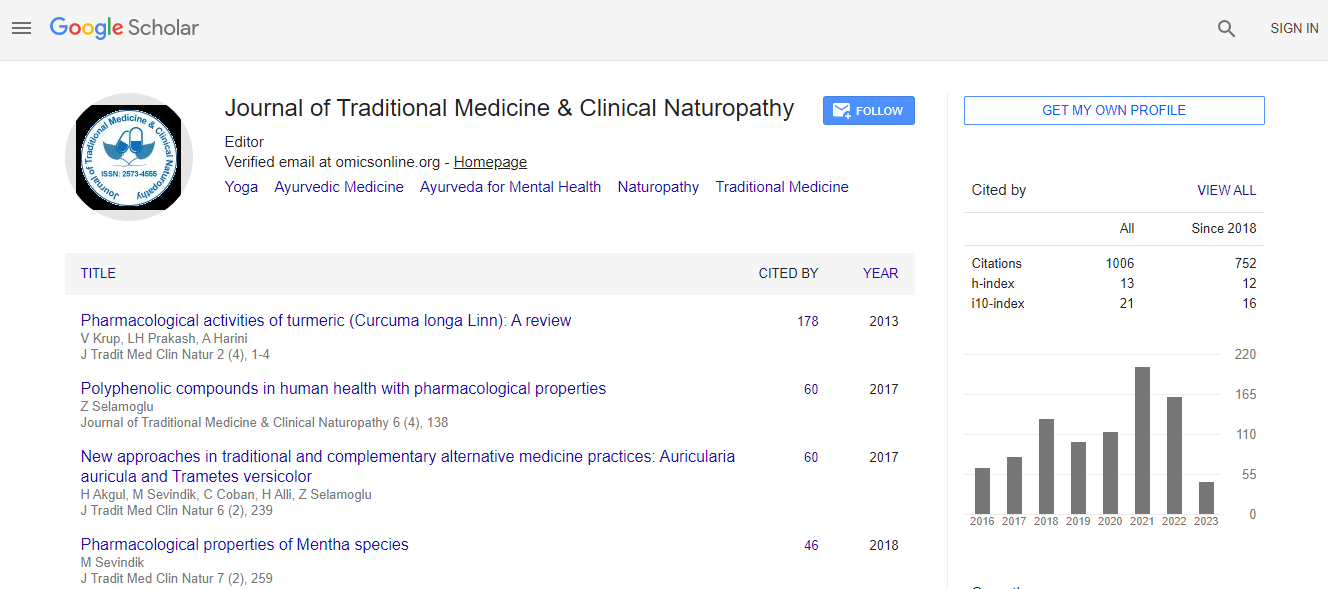Research Article
Comparative Phytochemical Analysis of Fermented and Unfermented Seeds of Dialium giuneense
Utubaku AB1, Yakubu OE2* and Okwara DU2
1Department of Medical Biochemistry, Cross River University of Technology, Calabar, Nigeria
2Department of Biochemistry, Federal University Wukari, Nigeria
- *Corresponding Author:
- Yakubu OE
Department of Biochemistry
Federal University Wukari, Nigeria
Tel: +2348069078726
E-mail: oj4real_2007@yahoo.co.uk
Received date: June 13, 2017; Accepted date: June 23, 2017; Published date: June 29, 2017
Citation: Utubaku AB, Yakubu OE, Okwara DU (2017) Comparative Phytochemical Analysis of Fermented and Unfermented Seeds of Dialium giuneense. J Tradit Med Clin Natur 6:226.
Copyright: © 2017 Utubaku AB et al. This is an open-access article distributed under the terms of the Creative Commons Attribution License, which permits unrestricted use, distribution, and reproduction in any medium, provided the original author and source are credited.
Abstract
The present study was designed to study the fermentation process and to scientifically evaluate its phytochemical components. Fermentation was carried out using traditional method. Exactly 160 g of the seeds were soaked in water, washed, and cooked for 2 h, after which they were washed, sieved and parboiled for 20 min, the seeds sieved, cotyledon poured into fermenting pot covered tightly to prevent heat escape, fermented for 72 h while still hot, and the final product was gotten and sundried. The phytochemical analysis of Dialium guineense was carried out, and the results of the analysis shows the presence of the following phytochemicals in varied proportion across the different samples; saponin, flavonoids and phenolic compounds. Findings from this study suggest that D. guineense contains agents (secondary metabolites) capable of ameliorating certain disease conditions, therefore, its use as condiment for food preparation is encourage.

 Spanish
Spanish  Chinese
Chinese  Russian
Russian  German
German  French
French  Japanese
Japanese  Portuguese
Portuguese  Hindi
Hindi 
